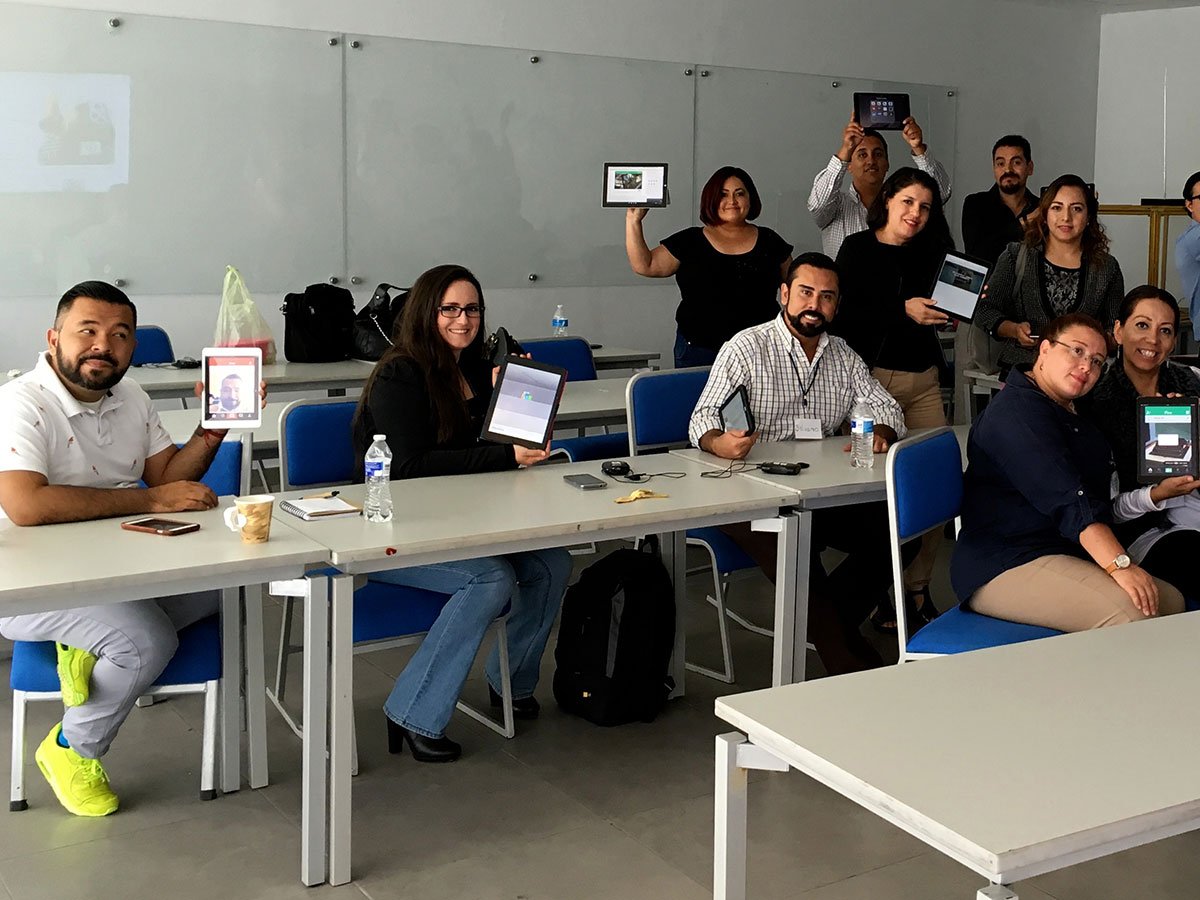
90_Day_English_Speaking_Course by sharmanidhi9532
Advanced Spoken English Course by Mansur Khan

🎓 Explore Your English Learning Journey
🎯 Vocabulaire Anglais – Flashcards
🧠 Vocabulary & Writing Boost
🗣️ Improve Your Speaking & Test Skills
Choosing the Right Books for Learning English as a Second Language (ESL)
📚 Plongez dans nos Recommandations de Livres ! 🚀
Découvrez notre article détaillé sur les meilleurs livres pour apprendre l’anglais, du niveau débutant à avancé. Un guide essentiel pour votre parcours linguistique.
Lire l’article maintenant50 Phrasal Verbs Essentiels pour la Conversation Quotidienne
Maîtrisez les “phrasal verbs” les plus courants et transformez votre fluidité en anglais ! Notre guide interactif vous offre des explications claires et des exemples pratiques pour chaque expression.
Découvrir les Phrasal Verbs
35.5 K+
Positive Reviews



20 Years
Of Experience
INTRODUCTION OF US
Why Reading Helps You Learn English
Yes, learning English through reading is a very effective and enjoyable method! Here’s why and how you can do it: oui
Vocabulary Expansion:
Grammar in Action
Improved Writing Skills
Enhanced Comprehension
Exposure to Different Contexts
Increased Fluency:

Call us now :
+188 123 456

Get in touch :
justpracticehere@gmail.com
Explore English Tenses
Boost Your English with Sentence Starters!
A Comprehensive Guide to Mastering Sentence-Starting Phrases for Fluent & Confident Communication.
Why Use Sentence Starters?
Sentence starters, or transition words and phrases, are crucial tools for making your English sound more natural, sophisticated, and fluid. They help connect your ideas, guide the reader or listener, and show the logical flow of your thoughts. Mastering them is a key step towards achieving fluency.
1. To Introduce an Idea or Topic
General Introduction
- **First of all / Firstly:** Use to begin a list of points.
- **To begin with:** A good alternative for “first of all.”
- **In my opinion / I believe that:** To express your personal viewpoint.
- **From my perspective:** A more formal way to give an opinion.
Introducing a Surprising Fact
- **Interestingly:** To present a fact that you find surprising or noteworthy.
- **It is a well-known fact that:** To introduce something generally accepted as true.
2. To Add Information
Adding a Point
- **Furthermore / Moreover:** Adds a stronger, more significant point.
- **In addition / Additionally:** Simple and versatile for adding information.
- **Not only… but also…:** To emphasize that two points are equally important.
3. To Show Cause and Effect
Explaining Consequences
- **Therefore / As a result:** Concludes with a consequence.
Example: “The weather was bad. **Therefore**, we decided to stay indoors.”
- **Consequently:** A formal synonym for “as a result.”
- **Because of this:** Simple and clear, often used in spoken English.
4. To Contrast or Conclude
Contrasting Ideas
- **However / On the other hand:** To introduce a contrasting idea.
- **In contrast / By comparison:** To highlight a clear difference.
- **Despite this / Nevertheless:** Used to show a surprising contrast.
Summarizing or Concluding
- **In conclusion / To summarize:** Standard phrases for the end of a text.
- **In short / In a nutshell:** Great for providing a brief summary.
- **Ultimately:** To describe the final outcome of a series of events.
POPULAR COURSES
Get started on your English study journey.
Here are a few types of courses you could pick, depending on your current level and learning style:
25,500+
Happy students have already used our courses for free








